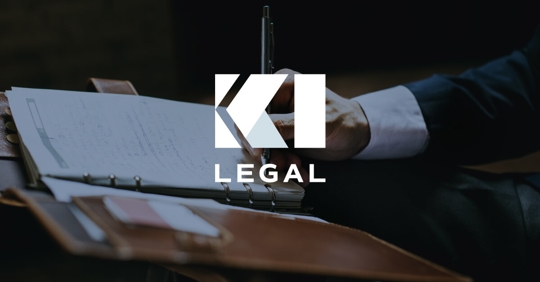When a corporate borrower defaults on its debt obligations, a secured creditor may exercise a variety of remedies to enforce its interest. Receiverships are one such remedy whereby a secured creditor may seek the appointment of a court empowered impartial party to receive, preserve, or liquidate collateral. Receivers are appointed to take possession, manage, collect, and preserve a property, business, rents, or other assets that are in dispute.
There are numerous types of receiverships, including –
- Specific or special receiverships – which are appointed over certain assets and typically sought by secured creditors seeking to protect their collateral.
- General receiverships – which are appointed over all of a debtor’s property, which displaces the debtor’s ability to control it.
- Regulatory receiverships – which are brought by state and federal regulatory agencies, including state insurance departments, to protect the public interest
- Post-judgment receiverships – which are appointed to aid a judgment creditor’s collection efforts.
Receiverships can be quite advantageous for secured creditors and a useful alternative to enforce their rights. For this reason, it is important for lenders and secured creditors to seek advice from experienced counsel to better understand their rights. For example, in a receivership, an independent party steps into the shoes of the debtor’s management. Old management may have had a certain attachment to the business, which oftentimes negatively impacts the proper operation of the business. Instead of allowing poor management to continue to run the business, as may be the case in bankruptcy, appointing a receiver allows the best interests of the company to prevail because the receiver is an officer of the court. Additionally, a receivership is often more efficient and less costly than a Chapter 11 or a Chapter 7 liquidation. As compared to a Chapter 11 liquidation, liquidating under a receivership is generally faster because there is no need for compliance with the processes of the bankruptcy court, such as filing of schedules and first day motion, or plan solicitation.
Secured creditors, together with their counsel, must also analyze the disadvantages of a receivership; for example, the automatic stay – which stops any litigation against a debtor – is only available in a bankruptcy case. Creditors may challenge a receivership proceeding by filing an involuntary bankruptcy proceeding during the pendency of the receivership. While the receiver or debtor may seek to dismiss the case, the involuntary filing disrupts the receivership process and adds costs to the administration of the estate. Similarly, the debtor may counter the receivership by filing a voluntary bankruptcy petition to force out the receiver.
Receiverships are efficient vehicles through which secured creditors may enforce their rights. If you are a secured creditor whose borrower has defaulted on its payment obligations, contact KI Legal’s Bankruptcy and Restructuring attorneys to determine whether a receivership can be an advantageous solution for you. Call (646) 766-8308 or email info@kilegal.com today to discuss.
*ATTORNEY ADVERTISING*
*PRIOR RESULTS DO NOT GUARANTEE A SIMILAR OUTCOME*
This information is the most up to date news available as of the date posted. Please be advised that any information posted on the KI Legal Blog or Social Channels is being supplied for informational purposes only and is subject to change at any time. For more information, and clarity surrounding your individual organization or current situation, contact a member of the KI Legal team.
_____________________________________________________________________________________________
KI Legal focuses on guiding companies and businesses throughout the entire legal spectrum. KI Legal’s services generally fall under three broad-based practice group areas: Transactions, Litigation and General Counsel. Its extensive client base is primarily made up of real estate developers, managers, owners and operators, lending institutions, restaurant and hospitality groups, construction companies, investment funds, and asset management firms. KI Legal’s unwavering reputation for diligent and thoughtful representation has been established and sustained by its strong team of reputable attorneys and staff. For the latest updates, follow KI Legal on LinkedIn, Facebook, and Instagram. For more information, visit kilegal.com.

